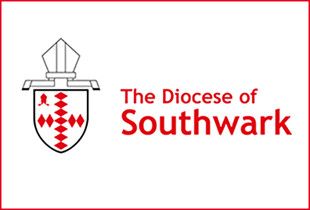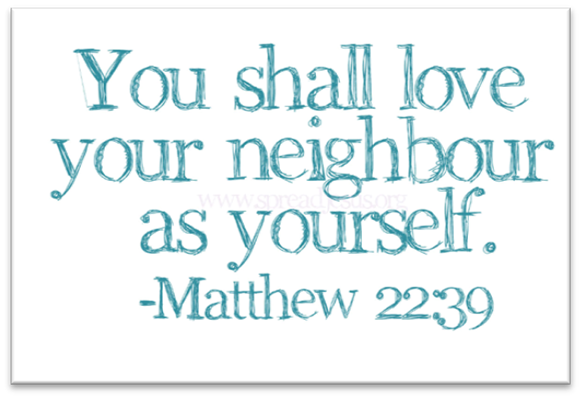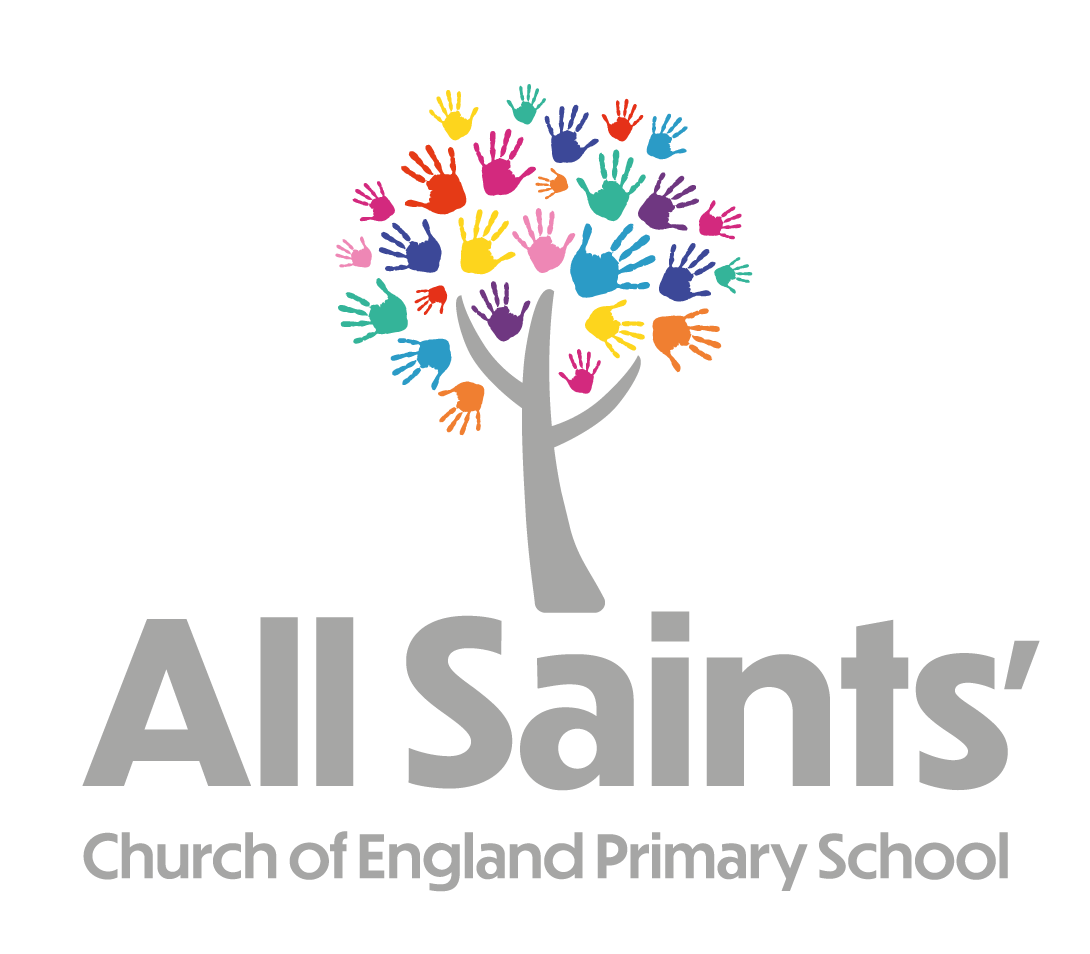Religious Education (RE)
RE is not just an academic subject, but, lies at the very heart of the curriculum and has an important role in reflecting and conveying the distinctively Christian character of our school. We follow the Southward Diocesan Board of Education's syllabus.

RE enables pupils to think theologically and explore the great questions of life and death, meaning and purpose; reflect critically on the truth claims of Christian belief; see how the truth of Christianity is relevant today and face the challenge of Jesus' teaching in a pluralist and post-modern society; experience the breadth and variety of the Christian community and become active citizens, serving their neighbour.

We have created Intent, Implementation and Impact statements that reflect how we plan, deliver and assess RE within our school.
As in all of our subjects, as children work through the RE unit in hand, they will be given opportunities to explore and be immersed in the learning, be explicitly taught skills and learn to apply, and critique, them through our All Saints' Approach: Engage, Skill-Build and Create-Evaluate.
At All Saints' Church of England Primary School, the aim of our curriculum is to help children to acquire and develop knowledge and understanding of Christianity as well as many other religious and non-religious worldviews represented in Great Britain. We aim to understand the way that religious and non-religious beliefs and values shape our lives and our behaviour, develop the ability to make reasoned and informed judgements about religious and moral issues and enhance our spiritual, moral, social and cultural development.
Religious Education is taught throughout the school in such a way as to reflect the overall aims, values, and philosophy of the school. It is both high-quality and sequential, aiming to prepare children for life in modern Britain. As a Church of England school, Religious Education plays an important role, along with all other curriculum areas, particularly PSHE and the teaching of British Values, in promoting the spiritual, moral, social, and cultural development of our children. Strong links are made with our school vision, underpinned by our three Core Values which, alongside our other values, are the bedrock of our provision.

